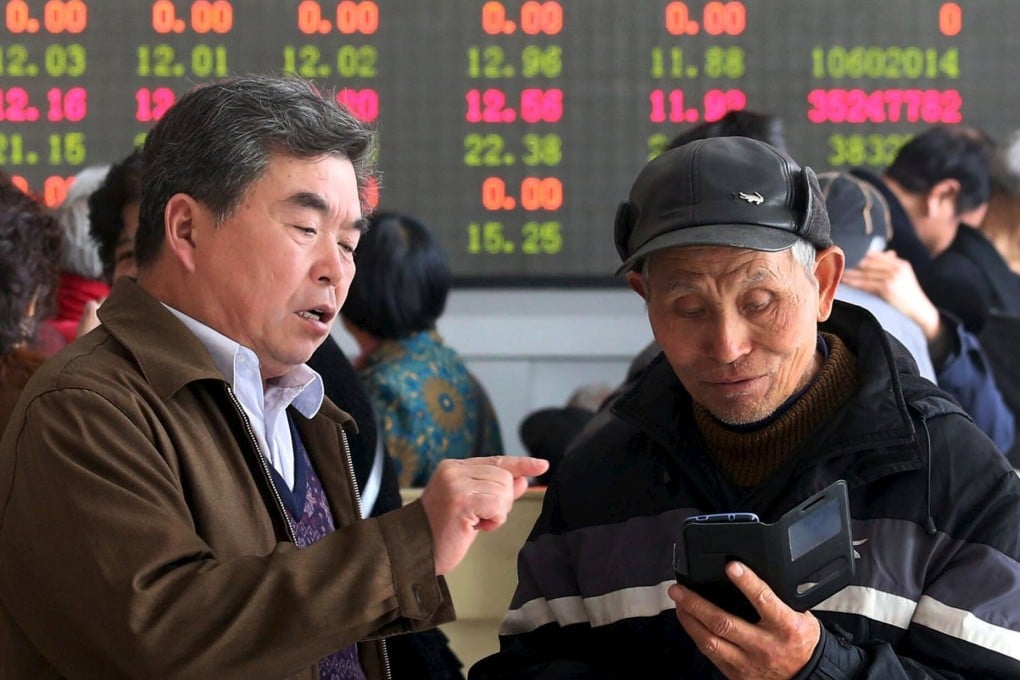China to tap elderly population in bid to tackle looming demographic crisis, boost economy
- China is planning policies to boost the economic contribution of its elderly citizens, including improving their use of technology
- In 2019, 12.6 per cent of China’s population was aged 65 or above and that group will hit 300 million by 2025, official data shows

China wants to see more seniors contributing to its US$13 trillion dollar economy, as the world’s most populous country braces for the effects of a rapidly ageing population and shrinking workforce after more than three decades of the one-child policy.
The Chinese government said this month it will launch specific policies to boost consumption and develop “human resources” among its senior citizens, including providing training to help pensioners integrate with the buzzing digital economy.
In particular, Beijing wants to see seniors make better use of smart technology in medical treatment, recreational activities and public services, which would also help reduce overall government costs and lift efficiency.
Already, the number of over 50s connected to the mobile internet is growing and so is the amount of time they spend online, according to a survey by QuestMobile, a Chinese data analytics company.

05:41
Why China's elderly farmers can't afford to retire
There are now more than 100 million over 50s using mobile internet, spending on average 136 hours on their smart devices every month, QuestMobile said in a July survey.